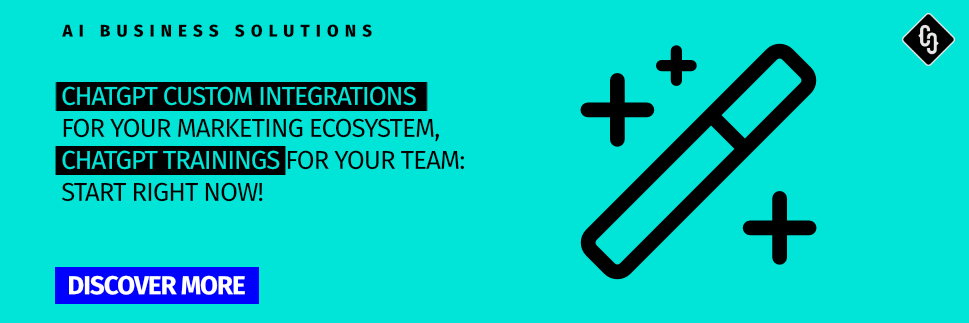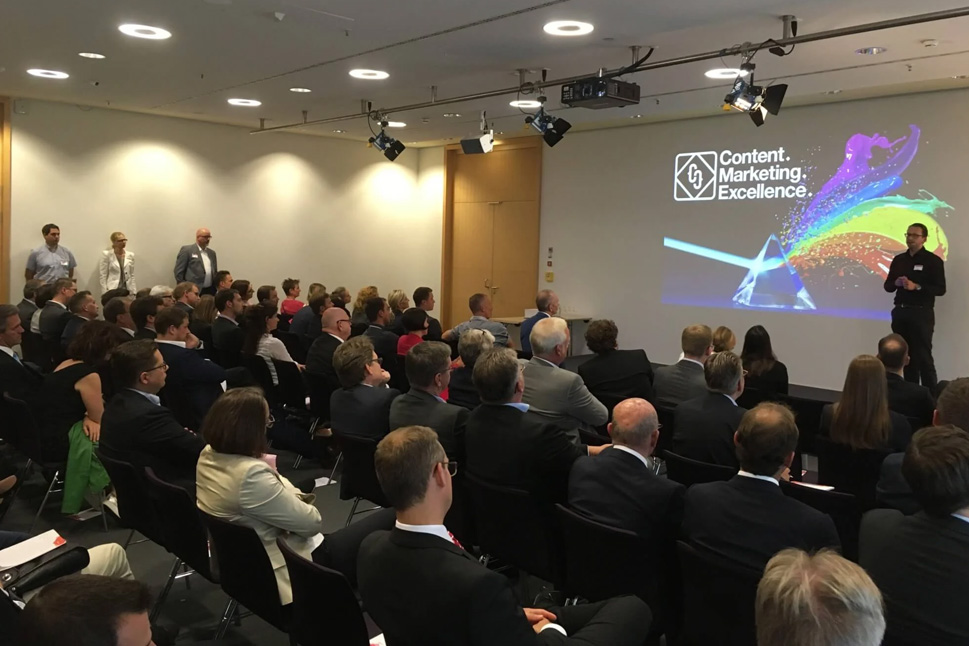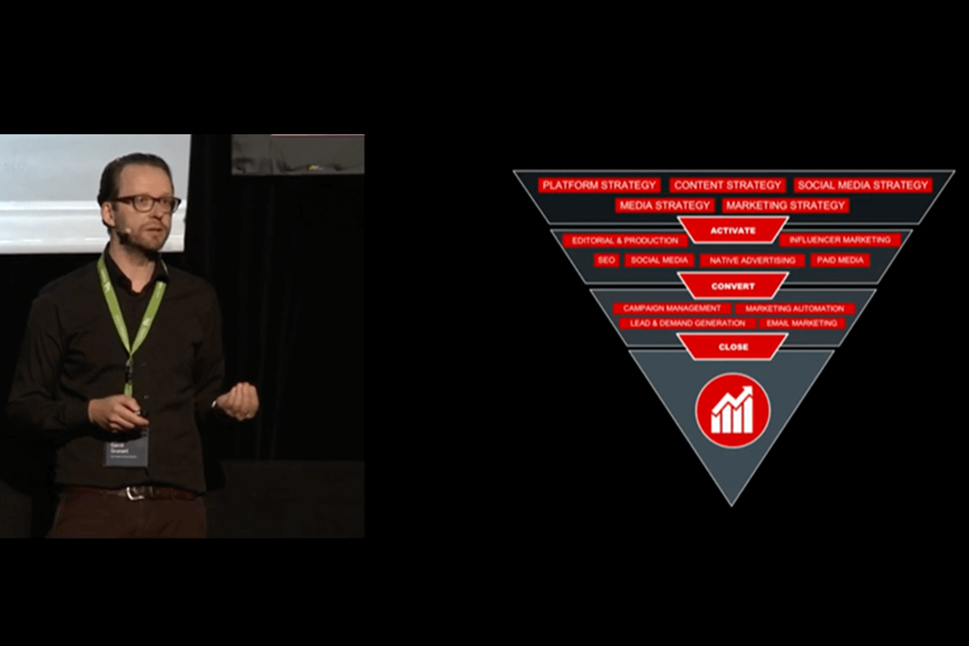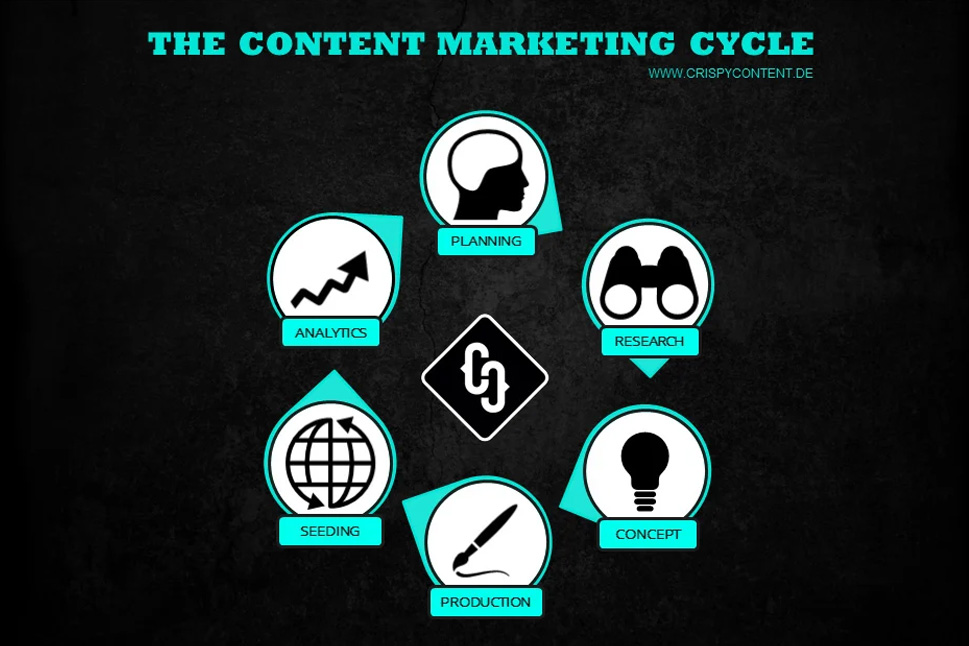How AI Competence Is Becoming a Corporate Imperative
Last updated on October 28, 2025 at 07:00 AM.The debate around artificial intelligence in business has reached a new level. What was once considered a technological option is now becoming a formal obligation: with the European AI Act coming into force, companies face the task of not only deploying AI systems responsibly but also building AI competence across the entire organization. The pressure is mounting, not out of a desire for innovation, but due to regulatory necessity. Those who act now can successfully navigate the gap between vision and restriction, unlocking the full potential of AI.

Bridging the Gap Between Expectation and Reality – Why AI Competence Isn’t Automatic
The ideal scenario sounds straightforward: companies adopt AI, train their teams, boost innovation, and secure their competitive edge. In practice, however, organizations face numerous hurdles. Implementing regulatory requirements is complex, especially as the demands defined by the AI Act are constantly evolving.
It’s no longer just about introducing new tools or automating processes. Today’s reality calls for a new corporate culture in which AI knowledge, ethical behavior, and strategic action go hand in hand. The challenges are multifaceted: lack of experience, uncertainty regarding regulatory requirements, limited budgets, and the search for effective solutions truly tailored to the business.
Many companies struggle with uncertainty: Which training formats are effective? How can AI knowledge be anchored sustainably? What technical, legal, and ethical aspects need to be considered? There is an ongoing conflict between the desire for progress and the fear of mistakes, costs, and reputational damage.
From Regulation to Reality: What the New Requirements Demand
With the AI Act in effect, the rules of the game are changing. Companies are now mandated to actively build AI competence, train employees, and establish transparent processes. This applies not only to high-risk AI but to all AI applications used within the business context.
Requirements range from risk management and technical documentation to regular training for all relevant employees. Incomplete or incorrect implementation can lead not only to reputational damage but also to legal and financial consequences. Companies that view this transition as a mere compliance exercise risk missing out on innovation and efficiency opportunities.
New Roles and Structures: How Companies Systematically Anchor AI Knowledge
Implementing AI competence is not a solo endeavor. Increasingly, organizations are creating new roles such as AI Enablement Leads, Chief AI Officers, or AI Transformation Leads to steer knowledge transfer and operationalize AI strategies. These roles serve as interfaces between business units, IT, legal, and HR.
Systematic training ecosystems are emerging, empowering both leaders and employees to use AI safely, responsibly, and creatively. The introduction of guidelines, internal ambassadors, and peer-to-peer formats ensures broad acceptance and a sustainable integration of AI topics within the organization.
Case Study Payback: Enabling Company-Wide AI Transformation with Responsibility and Foresight
A look at real-world practice demonstrates how the journey from theory to implementation can succeed. Payback established the position of Group AI Enablement Lead to coordinate the development of AI competence and the responsible use of AI applications across the corporation.
Key tasks include developing guidelines, designing and delivering training for all employees, and rolling out secure AI tools. The role acts as a sparring partner for leadership, supporting the identification and implementation of use cases. In addition, it represents the company both internally and externally, facilitating continuous knowledge exchange.
This structured approach enables Payback not only to meet the requirements of the AI Act but also to use them as a driver of innovation. The Group AI Enablement Lead role serves as a model for other companies facing similar challenges and seeking practical solutions.
Between Standard and Innovation
Developments show that successful companies rely on a mix of proven and innovative methods. Role-specific training programs, microlearning formats, and internal expert networks are not just future trends, they’re already standard practice.
Leaders serve as role models and foster an environment where AI is seen as an opportunity, not a threat. At the same time, clear responsibilities and ongoing evaluation of training effectiveness ensure that knowledge transfer does not fizzle out. Companies that embed AI competence into their DNA gain a lasting competitive advantage.
First Steps Towards Secure and Effective AI Adoption
Implementation doesn’t start with a grand vision, but with clearly defined, pragmatic steps. The first priority is to assess your current status: Where does your company stand in terms of AI competence? What risks and opportunities exist? Next, clarify roles and assemble an interdisciplinary team to guide the initiative strategically.
Initial measures may include setting up a training plan, developing guidelines, and launching pilot projects. Equally important: continuous success measurement that tracks not only regulatory compliance but also added business value. This approach allows companies to shift from reactive to proactive management.
Managing the Conflict Between Ideal and Reality And How to Resolve It
Many companies dream big: AI-driven innovation, seamless processes, enthusiastic employees. But reality presents many stumbling blocks, uncertainty, resistance, skill gaps, and fear of making the wrong decisions. The biggest challenge is balancing obligation with opportunity.
The solution lies in an attitude that goes beyond compliance, embracing transparency, continuous learning and genuine collaboration. Companies that take this path build trust, internally and externally. They empower their teams not just to use AI, but to grow with it.
Why the Right Partner Makes the Difference
Becoming an AI-competent organization is a complex process that goes far beyond technology and processes. Industry expertise, analytical skills, and methodological creativity are vital for developing tailored solutions that meet a company’s unique requirements.
The right partner brings not only methodological know-how, but also translates complex requirements into understandable, practical solutions. They ensure that AI competence becomes an integral, lived part of the corporate culture, not just a checkbox. This creates an environment where innovation, security, and growth go hand in hand, today and in the future.
 Gerrit Grunert
Gerrit Grunert
Gerrit Grunert is the founder and CEO of Crispy Content®. In 2019, he published his book "Methodical Content Marketing" published by Springer Gabler, as well as the series of online courses "Making Content." In his free time, Gerrit is a passionate guitar collector, likes reading books by Stefan Zweig, and listening to music from the day before yesterday.












.png)











.jpg)

-1.jpg)

-1.jpg)
.jpg)



.jpg)













.jpg)







.jpg)

































.jpg)












































